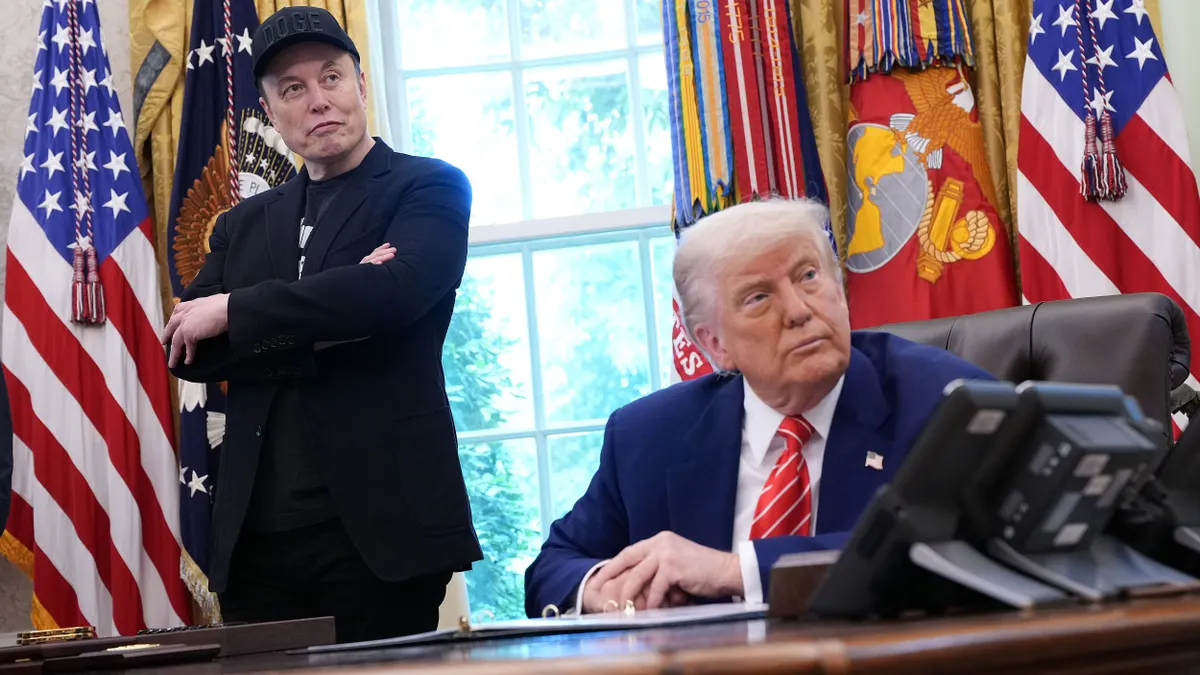Editor's note: This story is part of the WardsAuto digital archive, which may include content that was first published in print, or in different web layouts.
BRUSSELS – European Union lawmakers are pushing for national regulators to put 20% of new car models through laboratory tests to check compliance with emissions standards, a demand that has spooked automakers in the region.
Members of the European Parliament’s influential internal-market and consumer-protection committee approved the 20% rule Feb. 9 as parts of its proposed overhaul of the EU’s type-approval system, which sets minimum technical, safety and regulatory requirements for products.
These changes originally were made by the EU’s executive branch, the European Commission, which sought to avoid a repeat of the Dieselgate scandal, where lax government oversight and cheating on emissions tests allowed vehicles to win type approval despite tailpipe emissions much higher than EU norms.
Following the vote, ACEA, the European automakers’ group, recoiled at the 20% rule. A spokesperson tells WardsAuto: “The industry has grave concerns as to how this would work in practice. Given the high number of cars to be tested, manufacturers anticipate there will be a real shortage of testing capacity.”
Overall, however, ACEA “supports the core objectives of strengthening market surveillance and improving the current system, as well as further harmonizing it,” the spokesperson says.
The reforms approved by the committee would heighten EU-level oversight of national type-approval activities by giving the EC an increased role, notably the authority to clear national market-surveillance programs and oversee enforcement.
The committee opted for a 2-step approach whereby the EC could require a member state to conduct testing or do the tests itself if it was unsatisfied with the performance of a given country’s national regulator.
Imported cars would be subject to testing under the committee’s recommendation, but regulators probably would pay greater attention to high-volume locally built models.
The committee stopped short of backing a Green group amendment to set up an independent EU type-approval agency, prompting French Green MEP Pascal Durand to say, “Let’s be clear, the measures agreed today are not sufficient given the scale of the Dieselgate scandal.”
However, he acknowledges the changes as approved by the committee would ensure “for the first time there will be market surveillance at EU level.
“While we would have preferred to see the establishment of an independent EU agency, the proposals agreed today will still give the Commission greater powers to intervene when manufacturers are suspected of foul play,” Durand says. “There will also be greater transparency, with emission-test results made fully public and accessible” via an EU database.
Julia Poliscanova, clean-vehicles manager at Transport & Environment, a coalition of non-government organizations that lobbies for sustainable, clean transport, also supports the Green group’s proposal. She is calling on the full parliament, which will have the final say on the fate of the proposals, to support establishing an EU administrative agency.
“This is the only effective means to independently check cars in use and oversee the work of national regulators,” she says.
Meanwhile, members of the parliamentary committee further voted to cut financial ties between automakers and emissions-test centers, with the new system demanding member states fund-type approval and market-surveillance costs and collect fees charged to the manufacturers. Most automakers currently pay test centers directly, raising concerns they will pass vehicles to retain lucrative contracts; in-house testing centers also are allowed.
ACEA also balks at this change, with the group’s spokesperson saying, “Under proper accreditation and supervision, both in-house and third-party testing facilities should remain part of the new ecosystem.”
The committee further backed a proposal to authorize the EC to fine automakers up to €30,000 ($31,900) per vehicle if they violate type-approval rules and national regulators fail to impose penalties.
A vote on these amendments by the full parliament likely will be held in mid-April. Even that vote will not end the matter: the parliament must clinch a deal on the type-approval package with EU member states in the Council of Ministers – a group reluctant to cede turf, especially if that could harm national car industries.
Monique Goyens, director general of the European consumer organisation, BEUC, says the revisions to the type-approval system should serve as “a wake-up call to member states because so far their feet have remained firmly on the brakes.”




















